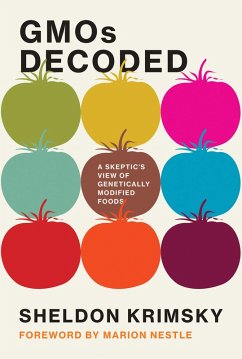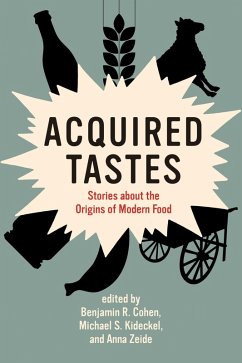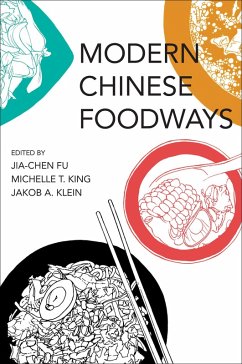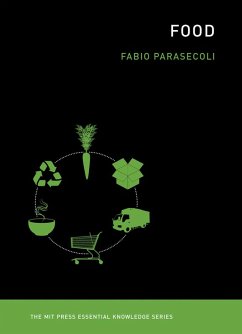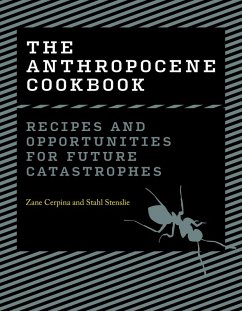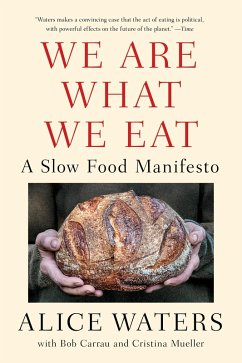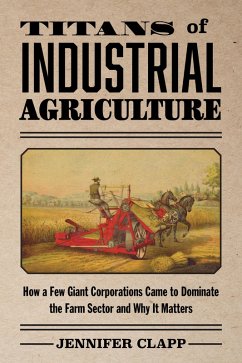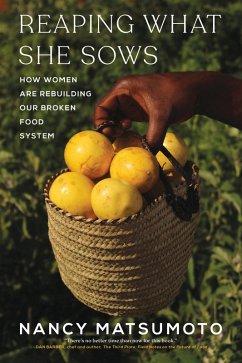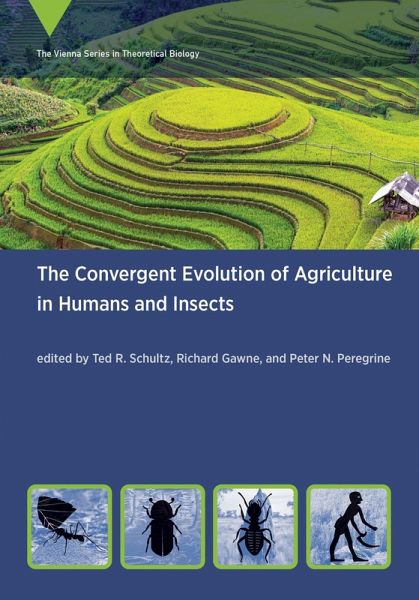
The Convergent Evolution of Agriculture in Humans and Insects (eBook, ePUB)

PAYBACK Punkte
21 °P sammeln!
Contributors explore common elements in the evolutionary histories of both human and insect agriculture resulting from convergent evolution. During the past 12,000 years, agriculture originated in humans as many as twenty-three times, and during the past 65 million years, agriculture also originated in nonhuman animals at least twenty times and in insects at least fifteen times. It is much more likely that these independent origins represent similar solutions to the challenge of growing food than that they are due purely to chance. This volume seeks to identify common elements in the evolution...
Contributors explore common elements in the evolutionary histories of both human and insect agriculture resulting from convergent evolution. During the past 12,000 years, agriculture originated in humans as many as twenty-three times, and during the past 65 million years, agriculture also originated in nonhuman animals at least twenty times and in insects at least fifteen times. It is much more likely that these independent origins represent similar solutions to the challenge of growing food than that they are due purely to chance. This volume seeks to identify common elements in the evolutionary histories of both human and insect agriculture that are the results of convergent evolution. The goal is to create a new, synthetic field that characterizes, quantifies, and empirically documents the evolutionary and ecological mechanisms that drive both human and nonhuman agriculture. The contributors report on the results of quantitative analyses comparing human and nonhuman agriculture; discuss evolutionary conflicts of interest between and among farmers and cultivars and how they interfere with efficiencies of agricultural symbiosis; describe in detail agriculture in termites, ambrosia beetles, and ants; and consider patterns of evolutionary convergence in different aspects of agriculture, comparing fungal parasites of ant agriculture with fungal parasites of human agriculture, analyzing the effects of agriculture on human anatomy, and tracing the similarities and differences between the evolution of agriculture in humans and in a single, relatively well-studied insect group, fungus-farming ants.
Dieser Download kann aus rechtlichen Gründen nur mit Rechnungsadresse in A, B, BG, CY, CZ, D, DK, EW, E, FIN, F, GR, HR, H, IRL, I, LT, L, LR, M, NL, PL, P, R, S, SLO, SK ausgeliefert werden.




